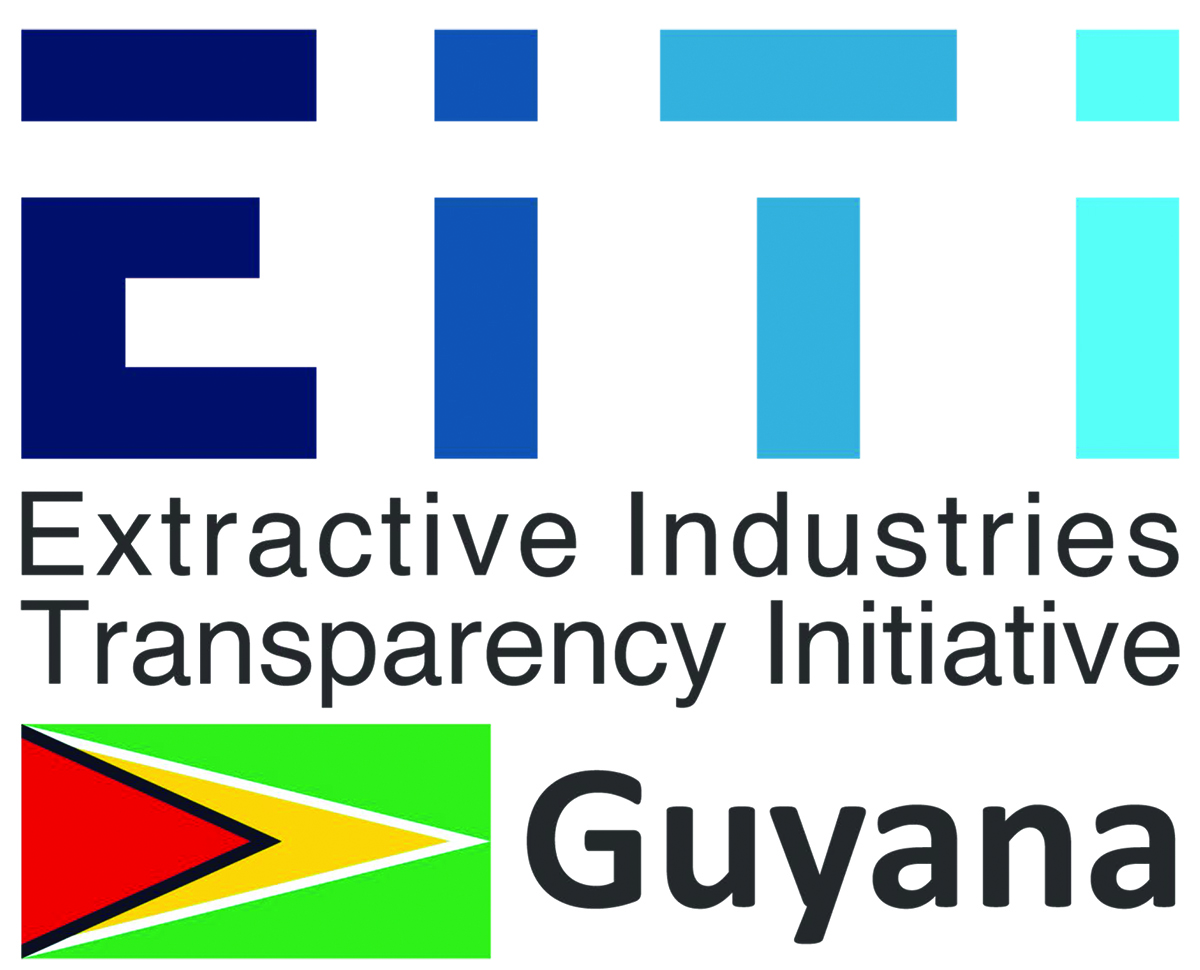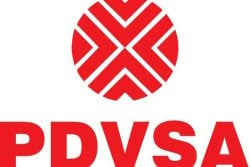The miners association has announced its withdrawal from participation in the Guyana Extractive Industries Transparency Initiative (GYEITI), citing the process as being too intrusive by an organisation that does nothing to help them overcome hurdles faced in mining.
“We believe that EITI has its own agenda and our participation on the MSG [Multi-stakeholder Group] of the GYEITI [Guyana Extractive Industries Transparency Initiative] will be withdrawn this year. We have already written the GYEITI expressing our concerns,” a Guyana Gold and Diamond Miners Association (GGDMA) executive requesting anonymity told the Sunday Stabroek.
“We participated fully for the last two [years] and it just gets more and more intrusive and burdensome for us small- and medium-scale miners. We believe in transparency and all of that, but GYEITI was not really designed for the small and medium scale miners, but yet we get pulled in. We do our best and still end up getting the flak because those international bodies do not understand what we face here,” the source added.
This newspaper was informed that the GGDMA will not be naming any person to represent the mining sector on the GYETI’s Multi-Sectoral Group. GYEITI is the local arm of the global Extractive Industries Transparency Initiative (EITI).
What a key stakeholder’s non-participation would mean in the overall EITI and global transparency ratings for this country this year is not clear.
The Sunday Stabroek tried contacting Minister of Natural Resources Vickram Bharrat for comment but multiple calls to his number went unanswered.
It is not the first time that the minister has been unresponsive to queries by this newspaper as efforts to contact him on a number of issues over the past months have been futile. Emails are not replied to, phones ring out and messages are not answered or acknowledged.
The EITI is the international benchmark for transparency in the extractives sector and Guyana initiated the process of joining in 2010.
As an implementing EITI country, Guyana is preparing for its 3rd EITI validation process scheduled to begin on October 1 of this year. The government is required to commit to working with civil society and companies, and establish a multi-stakeholder group to oversee the implementation of the EITI.
“The multi-stakeholder approach is central to the operation and philosophy of the EITI, and it is reflected in how the EITI is governed and implemented. In each implementing country, a multi-stakeholder group [MSG] comprised of representatives from government, companies and civil society is established to oversee EITI implementation,” EITI says.
“Although the mandate of the MSG varies across countries, the MSG is the main decision-making body responsible for setting objectives for EITI implementation linked to wider national priorities in the extractive sector, producing EITI Reports, and ensuring that the findings contribute to public debate and get turned into reforms. While the MSG has a mandate to determine the scope of the EITI in its country, the EITI Standard contains some minimum requirements including those related to the role, rights and responsibilities of the MSG. This includes the full, free, active and effective engagement by government, companies and civil society,” it adds.
Here, the tripartite committee is made up of twelve members where government, industry and civil society each selects eight members but only four of the respective sets are on the MSG while the others function as alternates.
The Government’s constituency comprises the Ministry of Natural Resources, the Ministry of Finance, the Office of the Prime Minister and the Guyana Revenue Authority.
The Civil Society constituency has Policy Forum Guyana and the Indigenous Peoples Representative.
The Industry constituency is made up of representatives from Large Scale Mining, Guyana Shield Resources Inc and Small & Medium Scale Mining, the Guyana Gold & Diamond Miners Association, the Forest Products Association, and ExxonMobil Guyana Ltd.
The GGDMA representative is responsible for gathering information from the top small- and medium-scale declarants of the body for GYEITI which the organisation says is an onerous process.
Personal assets
“Most small and medium scale miners use their personal assets to get capital for their operations and that [fact] the GYEITI doesn’t seem to relate to Norway [EITI]. The process of funding for us is different to the developed world and our small and artisanal miners get pulled into a process designed for big industry players. Nobody represents us and says ‘in Guyana we don’t have a capital system or merchant bank they can tap into’. If we want $20 million, we better find our own assets to put up,” one source explained.
“Why then are you going to ask me about this that and the other. I have to produce this, show this, and explain that. You have to track down all these people and ask them the most intrusive of things. All for what? Transparency? We believe in transparency yes but this process is not for the small player and yet the small player always have to face the brunt of it,” the source complained.
GYEITI’s last report was flayed by the GGDMA which had called it “largely inaccurate and uninformed” about the small- and medium-scale gold and diamond mining industry.
Among its criticisms was the claim that the GYEITI, by demanding disclosures of ownership, valuations and profits, in a manner that it says is “outside of the law,” exposes local miners to further targeting by criminals, as it would create “an easy ledger” for bandits “to carve up” local operators.
The GYEITI report prepared for the international mining transparency watchdog, EITI, had stated that 19 mining companies – Innovative Mining, R Mining Inc, Azeem Baksh, Gold Target Export, Milburn Mahadeo, Grey Wolf Resources, Tesouro Resources, J&D Mining, New East International, Higgins Winslow Theophilus, Wal Jays Mining, Harpy Investment, Troy Resources Guyana Inc, Guyana Goldfields (AGM), Bauxite Company of Guyana Inc (BCGI), BOSAI Miners Group (Guyana) Inc, El Dorado Trading, SSS Mineral Trading Enterprise, and Adamantium Holdings – refused to provide information on their beneficial owners.






